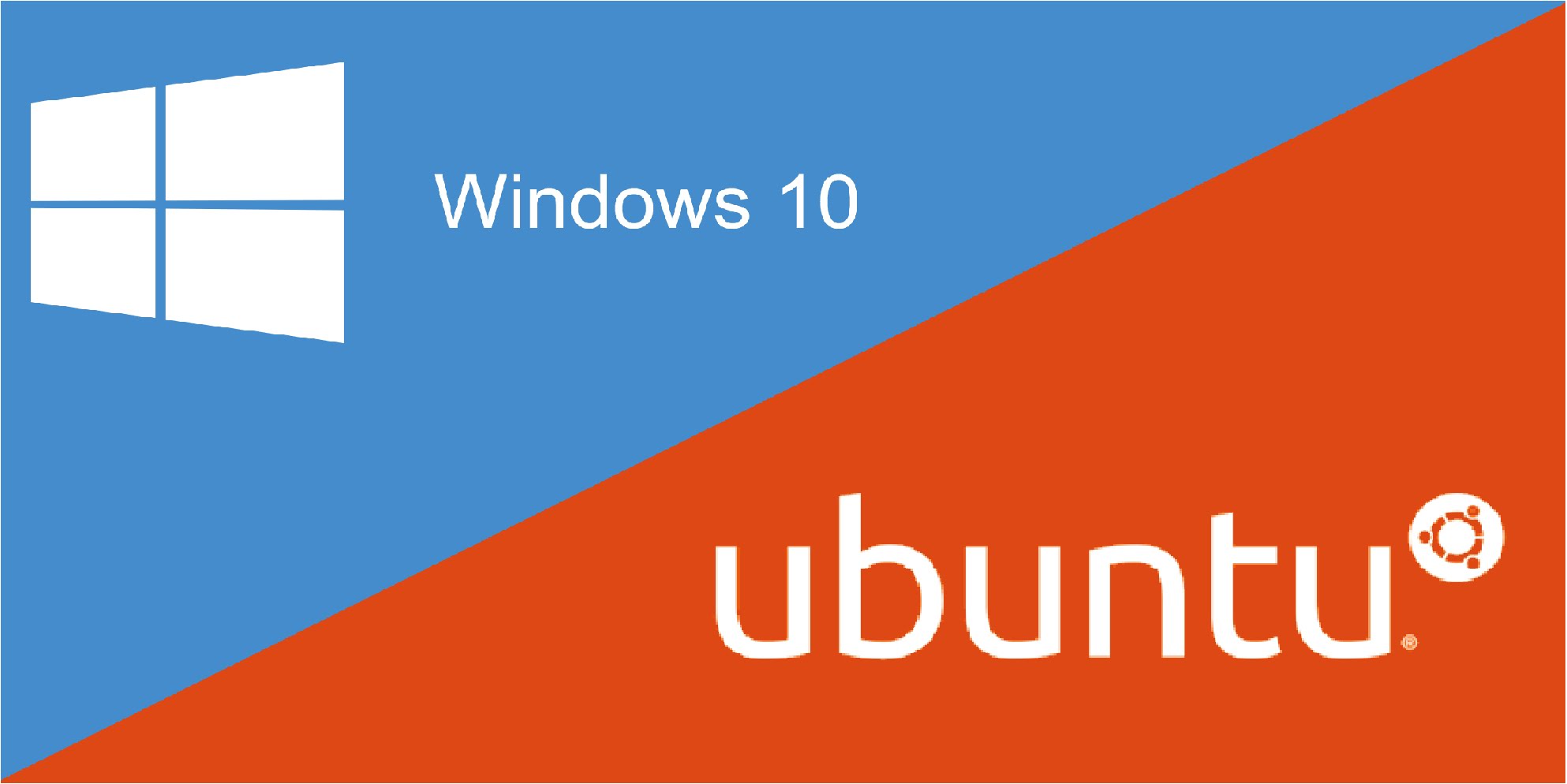

With path as the path to the folder that you want to be able to edit from Notepad++.įind /home/pi -type d -exec chmod 777 įound this one on a great Stack overflow post, To have the access to make changes and create files directly from your Notepad++ Editor, open the terminal using SSH from a client like Putty. The access that you have right now would only allow you to Read the files but not make changes to it. If everything goes right, you’ll be prompted to trust the Host key, just select Yes.Īnd you’ll have access to your Rpi Files from Notepad++. Now in the NppFTP window, click on the Setting button(6th button), and select Profile SettingsĪdd a new profile with the Hostname as IP of RPi, Connection Type– SFTP, Port 22, Username– pi, Password -raspberry(or whatever the password is for you Rpi) and the initial home directory as the one where you work on (like /home/pi)Ĭlose the Profile Settings and hit the first button on the NppFTP Window to connect. If it is then just click on Show NppFTP Window to get a menu on the right side of the editor. Once you have it running just go to Plugins and check if NppFTP is installed. If you don’t have Notepad++ installed, don’t waste your time and install it now, we are sure you’ll love it. If you have this screen then you are good to go. We hope that you guys have the RPi up and running and are able to login at least by SSH, if not then this the definitive guide for that: Here’s the look at the setup that we have working. We can now code on the go on my Rpi all from the comfort of our Notepad++. No more time wasted on buggy interface or data lost due to connection problems. So, after spending some time experimenting and putting all the bits and pieces together, we have shifted all the development from the usual VNC and SSH terminal to the text editor of our choice on Windows, Notepad++ and that has resulted in massive increase in our productivity.


Running a lot of things often slows down the Rpi and just makes it even worse to work with. The RPi environment is also not that good to work from. Mostly its harmless and only breaks the workflow, other times we lose the code that we had forgot to save and that just frustrates us. Many a times due to network issues or some random problem disconnects the RPi. While the Windows is pretty stable and we can easily work for hours on it without any problems, its not the same with the RPi. But writing and maintaining code on the RPi is a very big pain. The setup that we usually have is the RPi running a VNC which we connect and program on the Rpi. We work a lot on Raspberry Pi (Wheezy)and well as the Arduino and Atmel Studio(Windows). Here is by Far the best productivity booster when Working with Raspberry Pi: Editing code on RPi from the comfort of Notepad++ A few Hints and Tricks we’ve picked up from programming with the BrickPi.


 0 kommentar(er)
0 kommentar(er)
